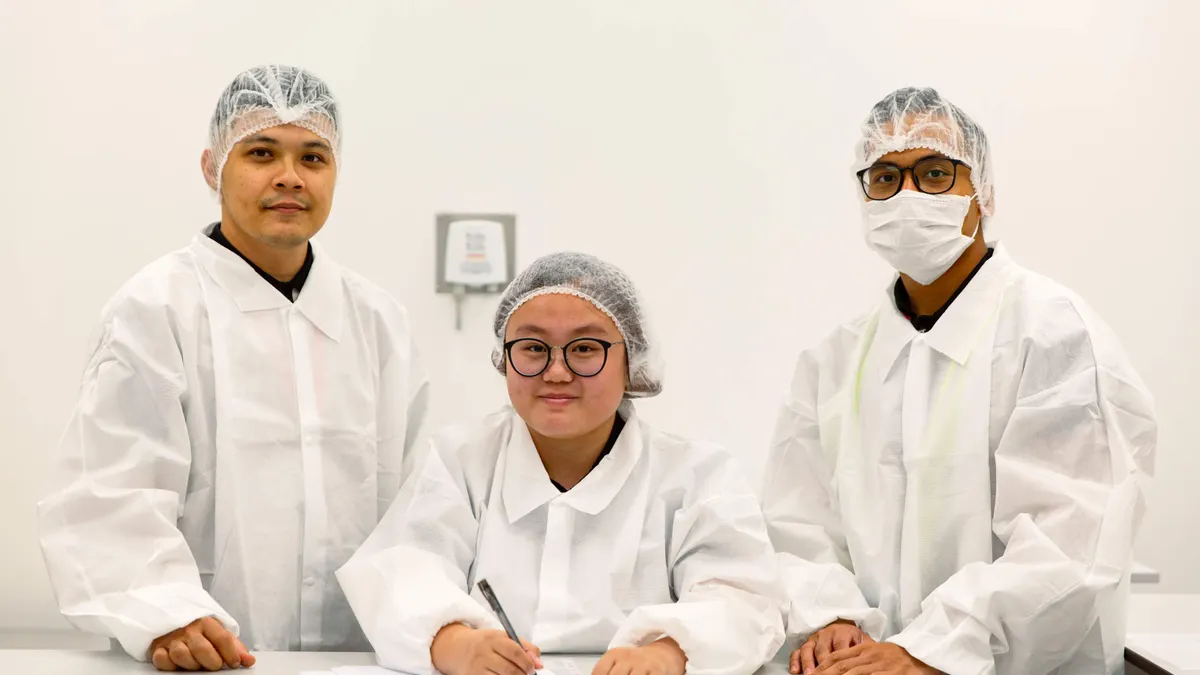In 2023, the biosimilar drug market in the Asia-Pacific (APAC) region was valued at $1.65 billion.
Accelerating patient recruitment, managing costs and expanding market access are essential to meet the global demand, which has led to significant expansion in the APAC region. As pharmaceutical and biopharma companies conduct clinical trials in more sites across more countries, clinical services organizations are essential to drug development value chains.
“Increasing globalization means companies must adhere to not only their national requirements and regulatory standards but international standards too,” says Kevin Cheong, Clinical Operations Director APAC for Almac Group. “With global clinical supply chains so closely interlinked, there’s increased pressure on APAC sponsors to remain compliant with myriad authorities’ requirements for all facets of their clinical trial activity, [which] can be especially challenging for organizations operating with limited internal resources and expertise.”
Globally, there are 56 different regulatory agencies and clinical services organizations operating in the APAC region need to navigate multiple regulatory frameworks simultaneously. Cheong notes that the diverse regulatory requirements can create confusion within organizations that lead to errors and misinterpretations that complicate compliance.
Inconsistencies in regulatory standards and variations in manufacturing and quality assurance practices could jeopardize product quality and affect the final product; the need to comply with various regulations inevitably increases operational costs, Cheong explains.
Prioritizing regulatory harmonization
Clinical services organizations must allocate additional resources, time, and expertise to ensure compliance across all markets, which drives up costs and impacts overall efficiency. Fewer regulatory differences would help reduce operational costs, allowing clinical services organizations to allocate resources more effectively and offer more competitive pricing.
“While achieving full regulatory harmonization across the APAC region may not be immediately feasible, steps toward greater alignment could significantly alleviate these challenges,” he says. “A more harmonized regulatory approach would simplify compliance efforts and reduce the burden on clinical services organizations.”
Almac Clinical Services has recognized the importance of a robust regulatory compliance strategy and the firm’s Regulatory Compliance Division is actively engaged in ensuring that the company meets the diverse regulatory requirements across different countries.
The proactive approach allows Almac Clinical Services to ensure compliance across multiple jurisdictions. Moreover, the team is also well-positioned to adapt to changing regulations, enabling the company to maintain compliance without compromising product quality, Cheong adds
Regulatory complexity isn’t the only challenges clinical services organizations face in the APAC market. Cheong points to increasing competition within the region and the need for strategic prioritization and investment as barriers that must be overcome in order for CSOs to differentiate themselves and maintain a competitive edge.
Vulnerabilities in global supply chains are also concerning.
“The COVID-19 pandemic highlighted vulnerabilities in global supply chains, emphasizing the need for robust contingency plans and diversified supply routes,” Cheong says. “Clinical services organizations must ensure they have backup strategies and a well-distributed network of facilities and partners to maintain operational stability during disruptions.”
Investing in success
Retaining a skilled workforce in key regions is crucial. Cheong encourages clinical services organizations to create positive work environments, invest in continuous training and professional development programs and foster partnerships with academic institutions and research organizations to tap into a steady stream of new talent.
Clinical services organizations that are located in regions with strong educational infrastructure and a robust biotech and pharmaceutical ecosystems will have an advantage, he adds.
“The pharmaceutical and biotech industries are highly specialized, requiring a workforce that possesses not only technical expertise but also a deep understanding of regulatory requirements, quality control and process optimization,” he says. “By positioning themselves in these strategic locations, clinical services organizations can ensure they have the human capital necessary to drive innovation and meet the complex demands of their clients.”
Future success also depends on prioritizing sustainability initiatives. In fact, Cheong notes that customers are increasingly demanding that their contractors and subcontractors align with sustainability efforts.
“It's crucial to find ways to quantify what has been done and to present this information convincingly to stakeholders, including the government,” he says.
Too often, companies set long-term sustainability goals that lack the specificity needed to drive immediate action, creating a need for clearer, more concrete benchmarks. Cheong explains that it’s a process that requires “significant effort and careful planning.”
Almac Clinical Services has already committed to this through a clear mission statement and is actively working on strategies to meet these sustainability targets, including ongoing collaboration to refine these goals and figure out how best to achieve them.
“The path forward involves overcoming significant challenges related to measurement, goal-setting and alignment with national and international standards,” says Cheong. “The process will take time, but with clarity and focused effort, these goals will become more specific and achievable.”
To learn more about Almac Clinical Services visit: https://www.almacgroup.com/clinical-services/











